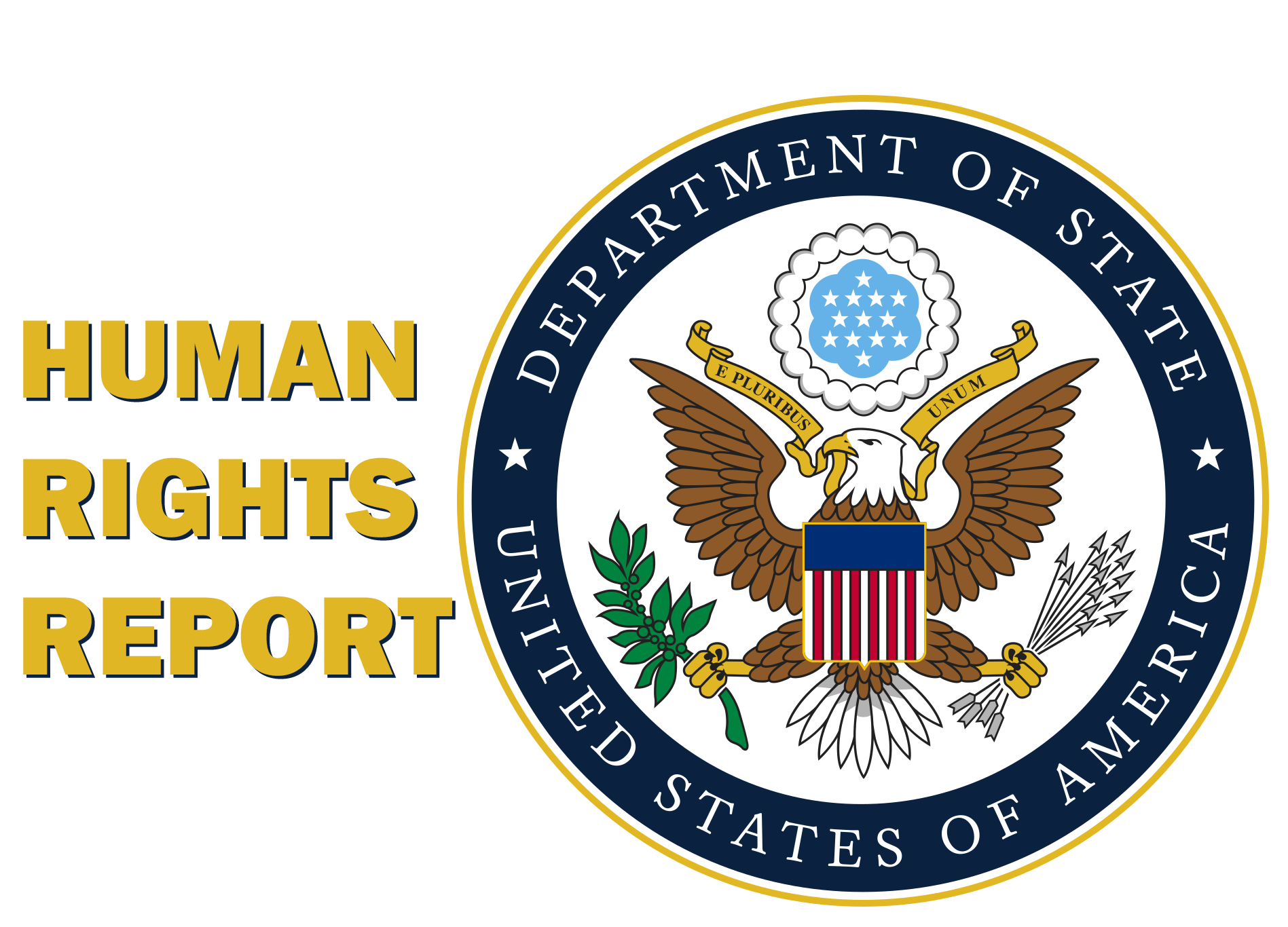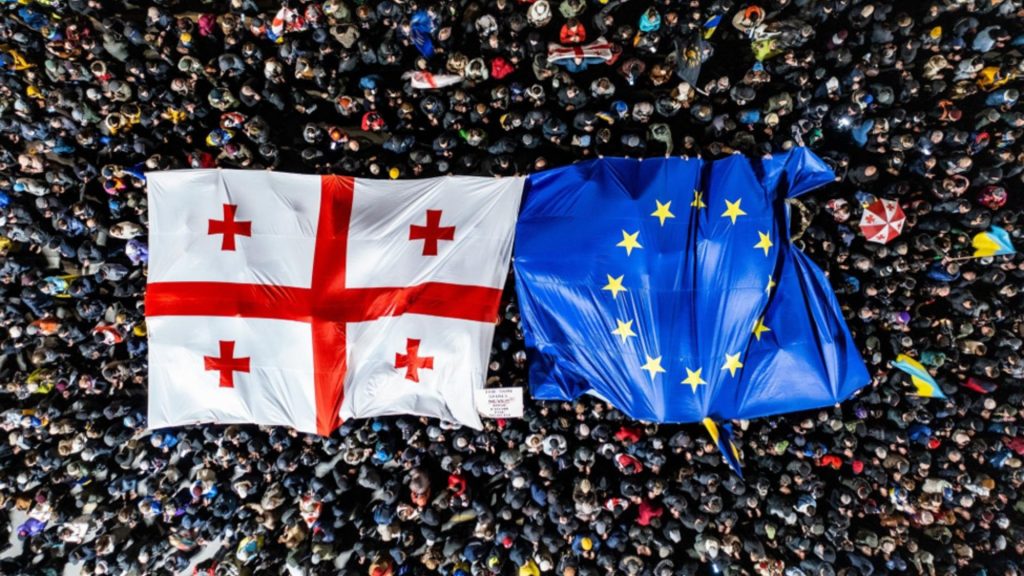16 Days of Activism against Gender-Based Violence starts on November 25
Every year on, November 25 the day for the International Day for the Elimination of Violence against Women is celebrated all over the world marking the beginning of the16 Days of Activism against Gender-Based Violence. Gender-based violence is violence directed against a person because of their gender or violence that affects persons of a particular gender disproportionately.
Gender refers to the characteristics of women, men, girls, and boys that are socially constructed, which includes norms, behaviors, and roles associated with the masculinity and femininity of a given society.
Gender-based violence is a phenomenon that is deeply rooted in gender inequality and continues to be one of the most notable human rights violations within all societies. Gender-based violence is violence directed against a person because of their gender. Both women and men experience gender-based violence, but most victims are women and girls.
For these individuals, gender-based violence may often go unspoken and invisible. Gender discrimination can often be why people with these issues do not seek support or speak up.
Examples of gender-based violence are:
- Physical violence: when a person is physically harmed: beaten, hit, slapped, etc., because they do not correspond to the ideas, norms, expectations and roles of masculinity or femininity that are accepted in a given society. The harm may also be indirect, depriving a person of first aid, sleep, or taking care of vital needs.
- Psychological violence: isolation, humiliation, continuous insult, criticism, gaslighting, can also be blackmail, extortion, by threatening to expose a person’s sexuality to others.
- Economic violence: Deprivation or limitation of housing, food, clothing, and financial resources based on gender identity or expression.
- Sexual violence: any coercive act of a sexual nature or exploitation of a person’s sexuality, rape, including in marital relationships.
- Sexual harassment: expressions of a sexual nature without conscious and unforced consent, cursing, touching parts of the body, etc.).
- Domestic violence: physical, psychological, sexual, and economic violence, manifests itself within the family, and is continuous and cyclical. It can be between partners or spouses, by one family member towards others.
- Also, common examples of gender-based violence are forced marriages, including the case of minors, abortions, etc.
- It is important to speak up and respond to cases of gender-based violence as it widely affects various spheres of human life. Survivors often need to hear and know that they are not alone, and that abuse is a crime for which the abuser is responsible. Recognition of incidents of violence plays a key role in preventing gender-based violence and informing survivors of their rights and the support services available to them.
Anyone experiencing gender-based violence can contact and receive appropriate support in Armenia through the following hotlines:
- Pink human rights defender NGO – 060 377 277
- Women’s Rights House – 077 570 870
- Sexual Violence Crisis Center – 094 440 618
- Women’s Resource Center (legal advice on labor and marital issues) – 093 948 886
Remember that you are not alone.
Each of us can prevent gender-based violence and get support.




